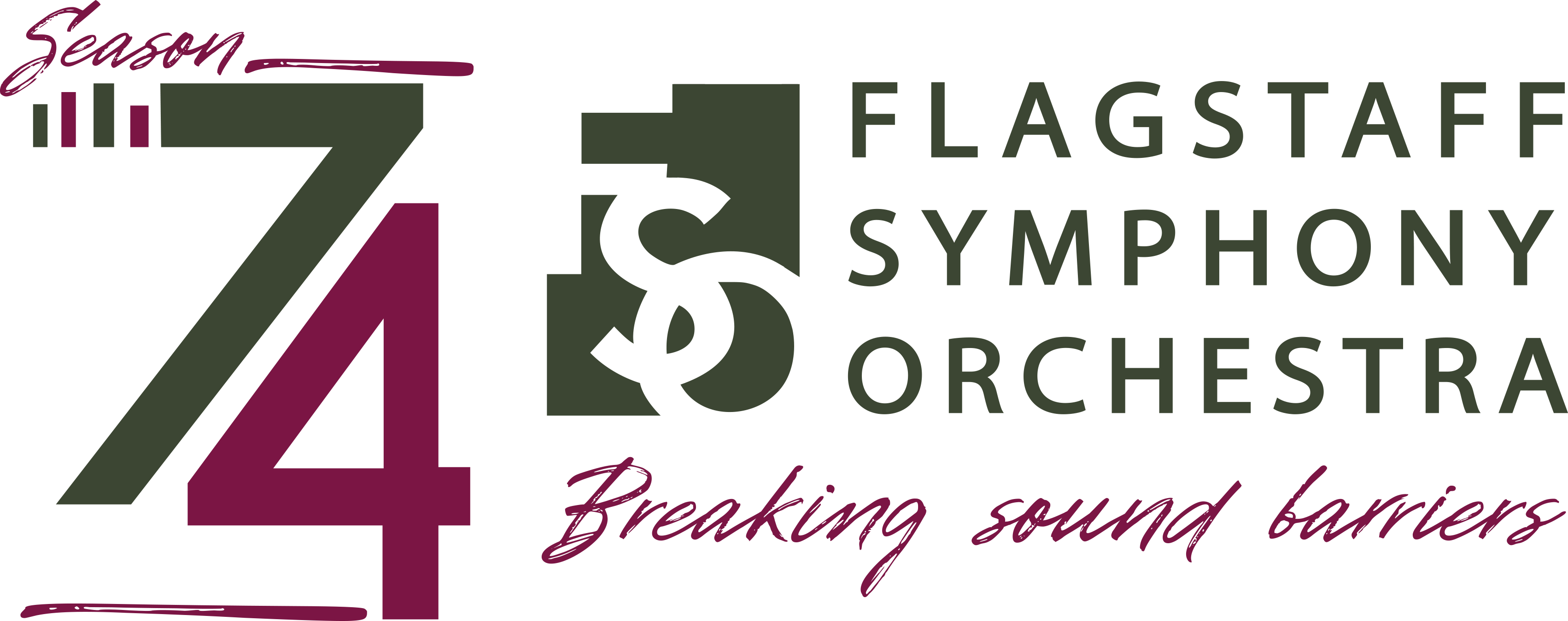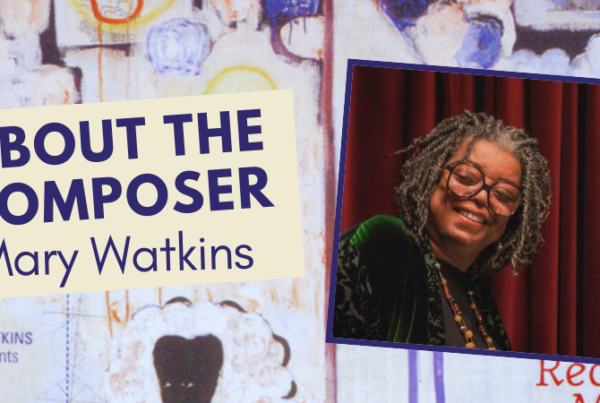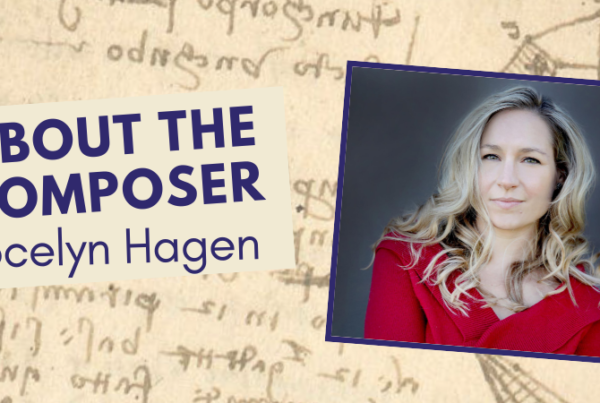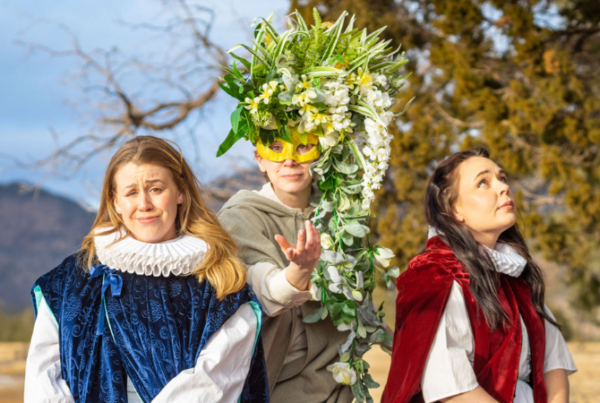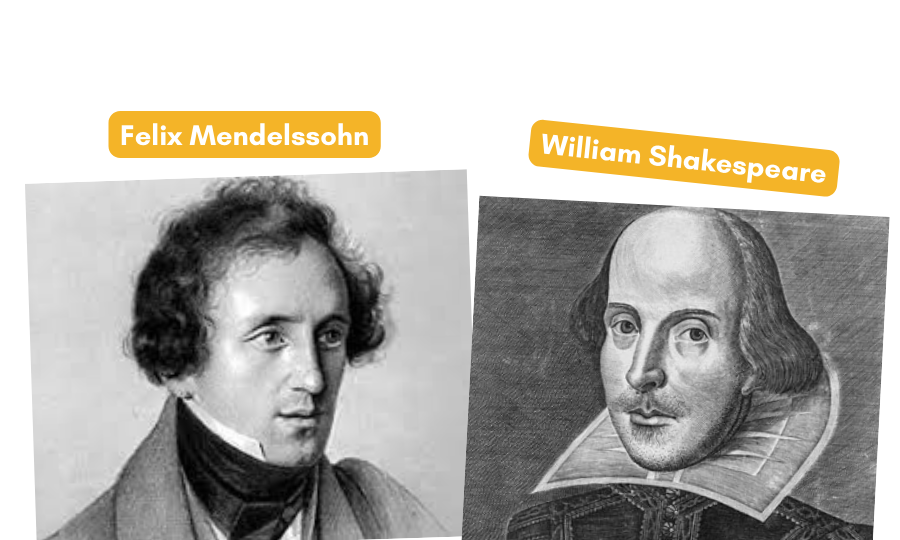
”We were entwined in A Midsummer Night’s Dream and Felix particularly made it his own. He identified with all of the characters. He recreated them, so to speak, every one of them whom Shakespeare produced in the immensity of his genius.
Mendelssohn had a great admiration for William Shakespeare’s works. He was particularly inspired by “A Midsummer Night’s Dream” and composed music to accompany the play. Mendelssohn’s love for Shakespeare’s writing is evident in his beautiful compositions that capture the essence of the play.
The Mendelssohn household in Berlin was imbued with music, literature and intellectual social gatherings and it is not surprising that 17-year-old Felix Mendelssohn was inspired to compose “incidental” music for one of his favorite Shakespeare plays. Originally written for two pianos, it was subsequently orchestrated and first performed at a garden party at the Berlin home in 1827. A public performance was given later that same year with the composer conducting, just following his 18th birthday.
Four somber chords introduce the “Overture” and will be heard again during the course of the work. Scurrying passages for strings portray the “fairyland” that is soon invaded by the mortal characters of the tale. Horns announce a hunting party, and in the original score we would have heard the distinctive sound of the ophicleide, a no longer extant instrument that was the ancestor of the tuba. Following many passages of highly melodic invention, the four somber chords return to conclude the Overture.
Seventeen years later, Mendelssohn wrote thirteen more “incidental” pieces for the play, only three of which are now frequently performed. Mendelssohn was a master of the genre of music entitled “Scherzo”, of which this is a prime example. Portraying the scene in which Leander is put to sleep by Puck, the gentle and dreamy Nocturne opens with a lyrical horn solo. A sudden and somewhat startling transition leads to the Wedding March, a prelude to the fifth act’s royal festivities. We are of course all too familiar with the March’s ceremonial applications today. A return to the fairy music and the repeated chords of the Overture concludes this familiar orchestral suite.
*Program Note Information by Charles Spining
On Saturday, February 17th at 7:30pm in Ardrey Auditorium, Shakespeare’s “A Midsummer Night’s Dream” will come to life in a one-of-a-kind performance by the actors of Flagstaff Shakespeare Festival and the musicians of the Flagstaff Symphony Orchestra!
